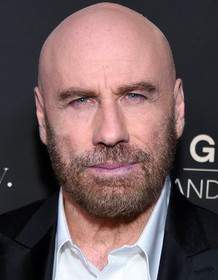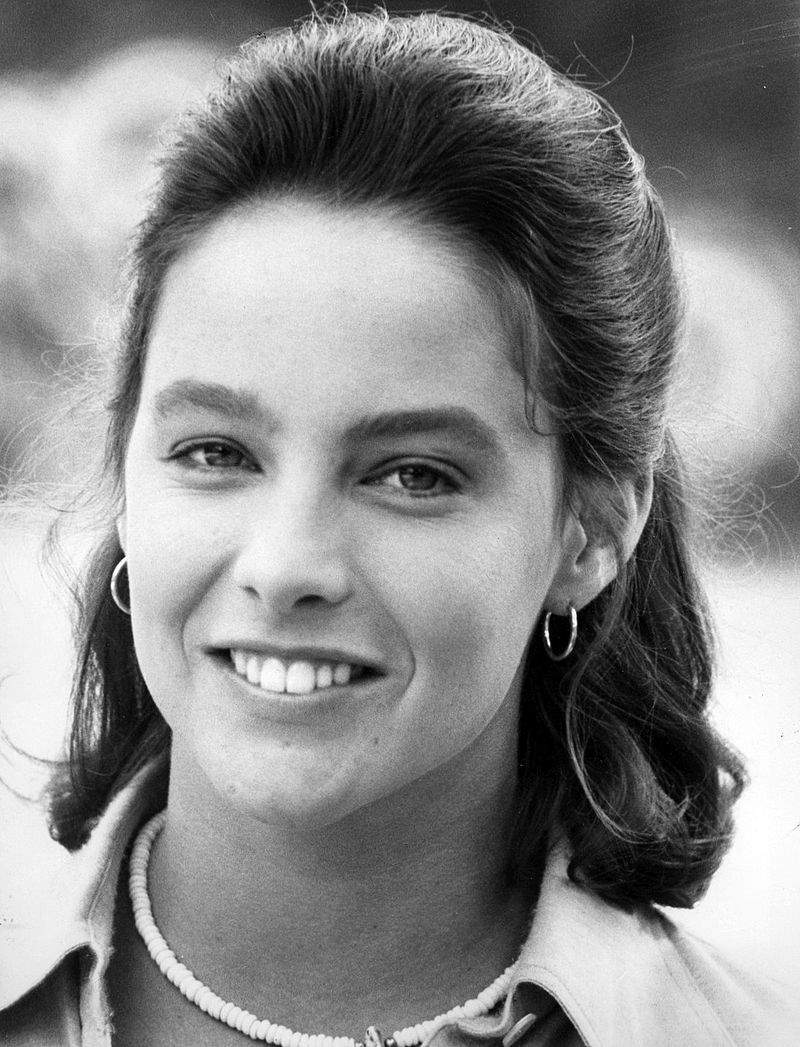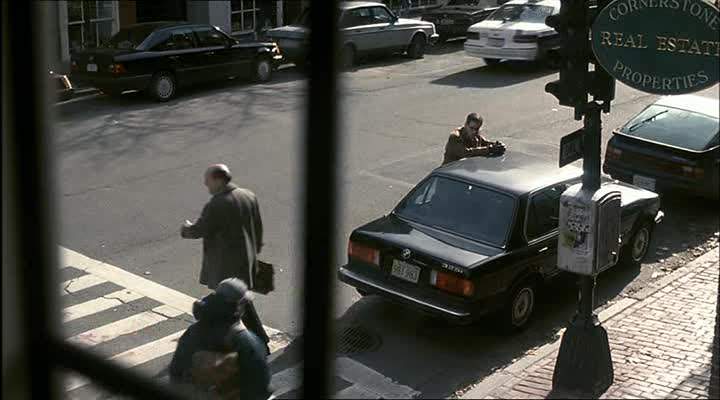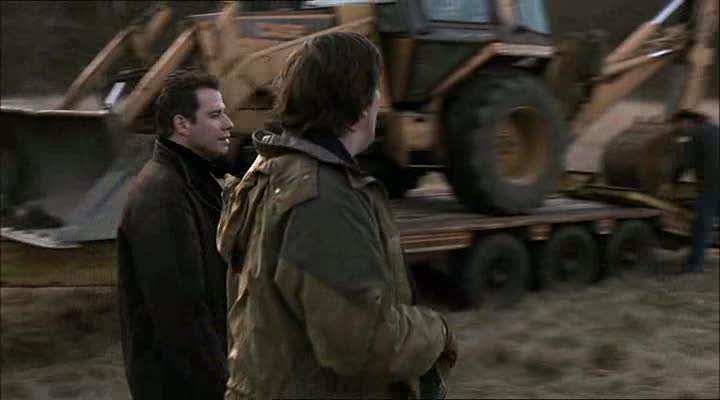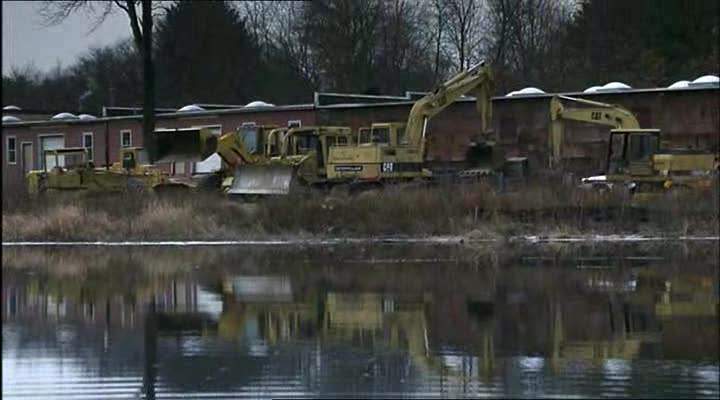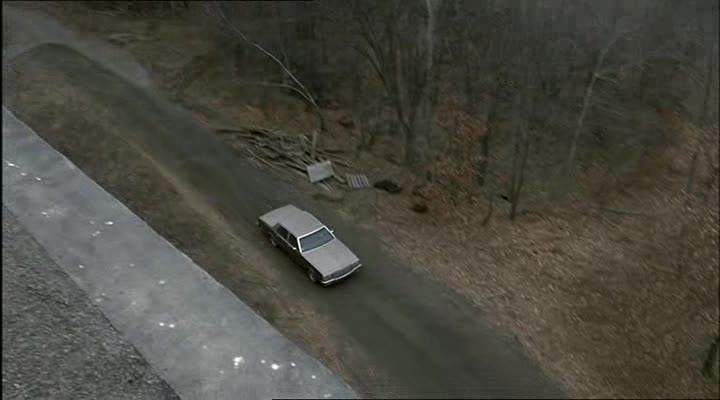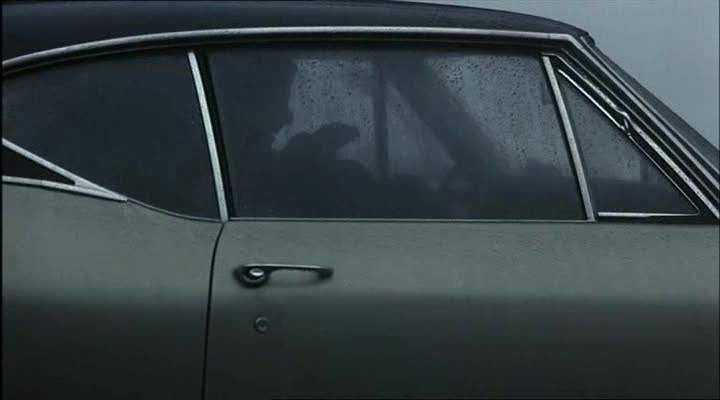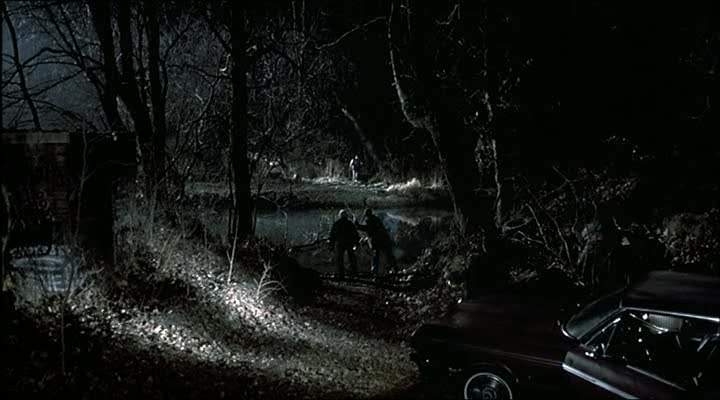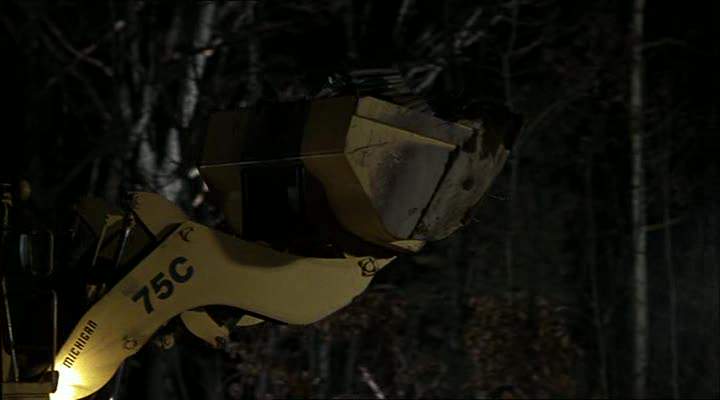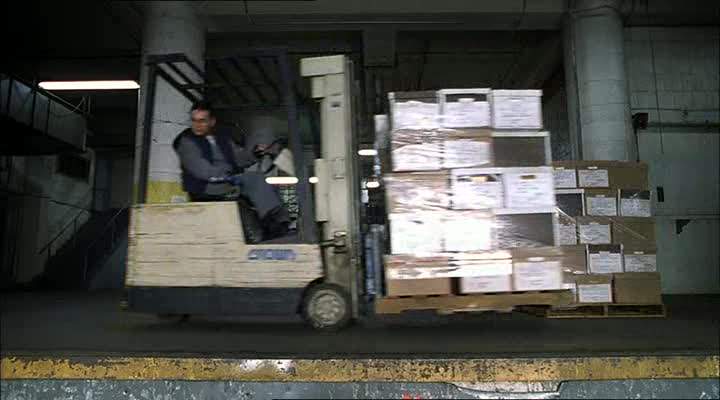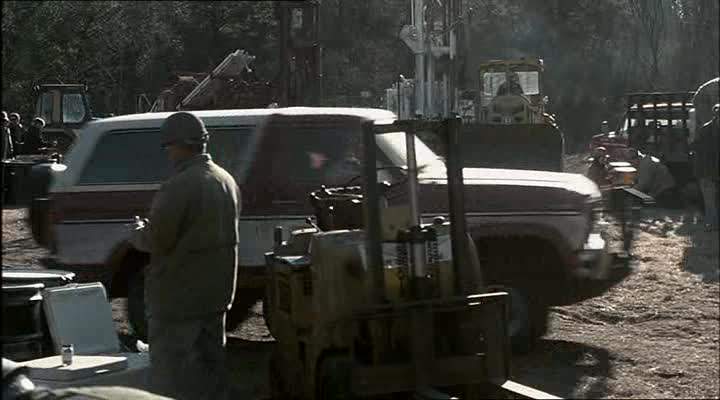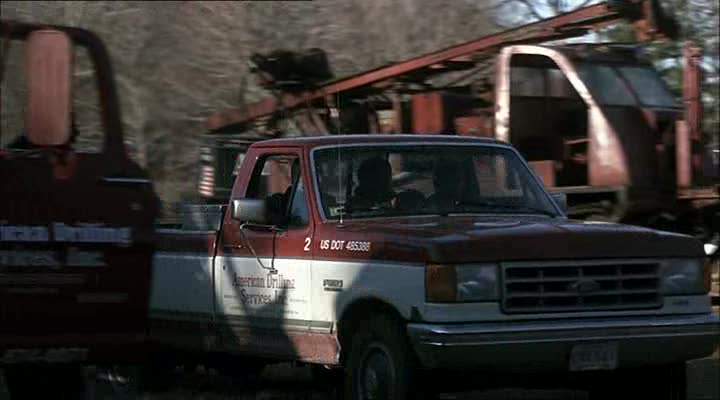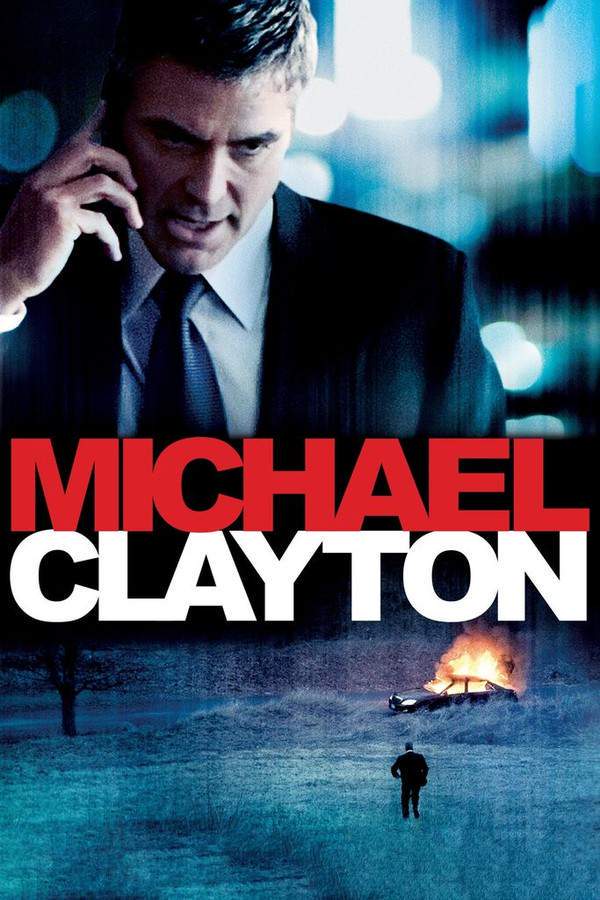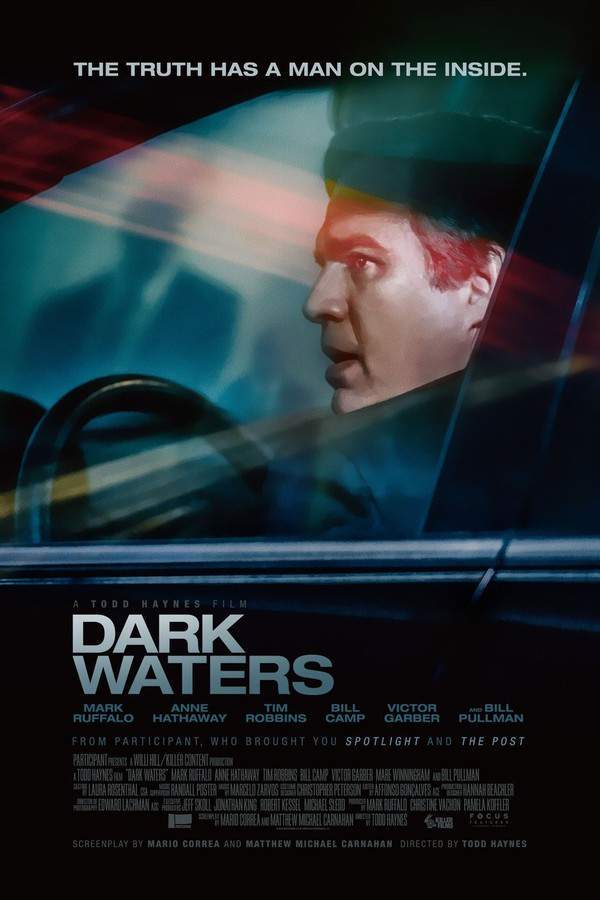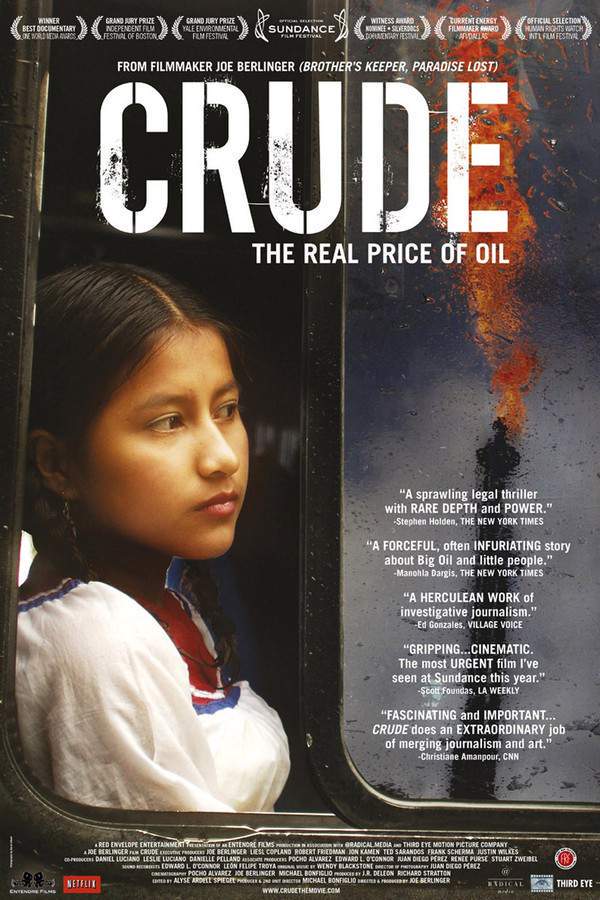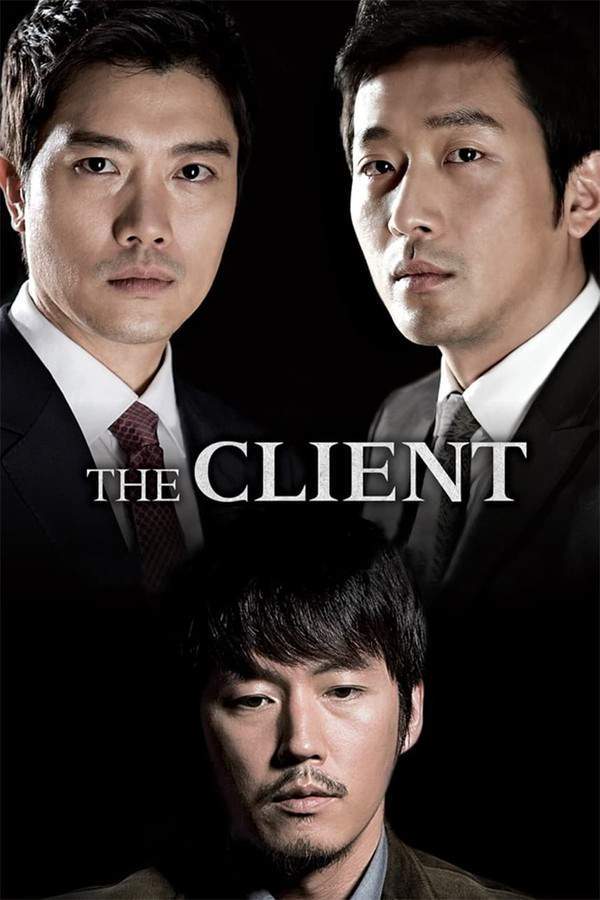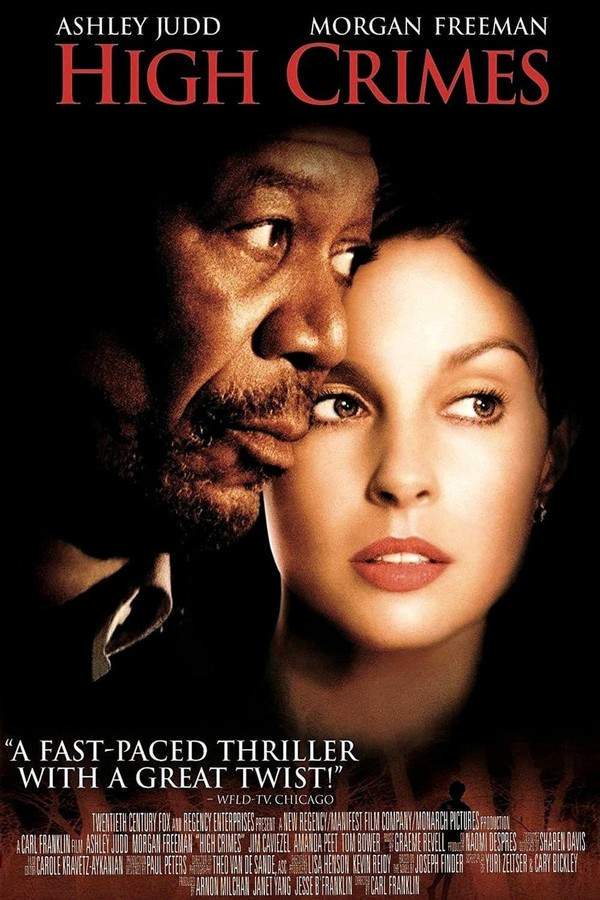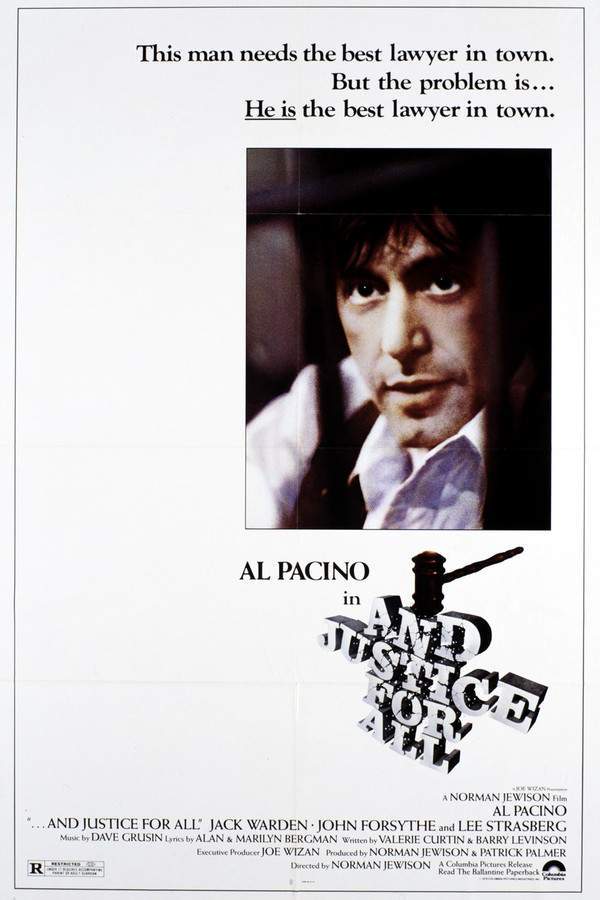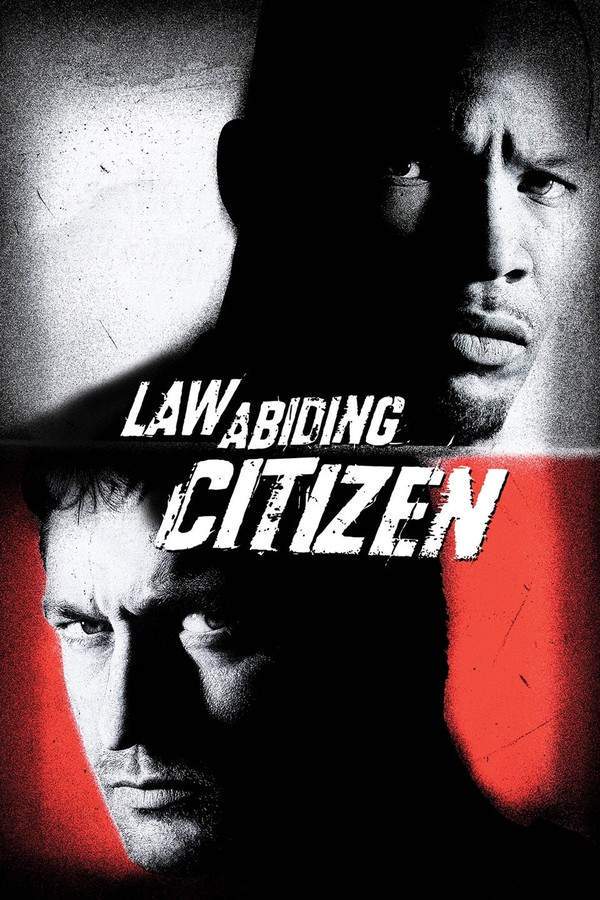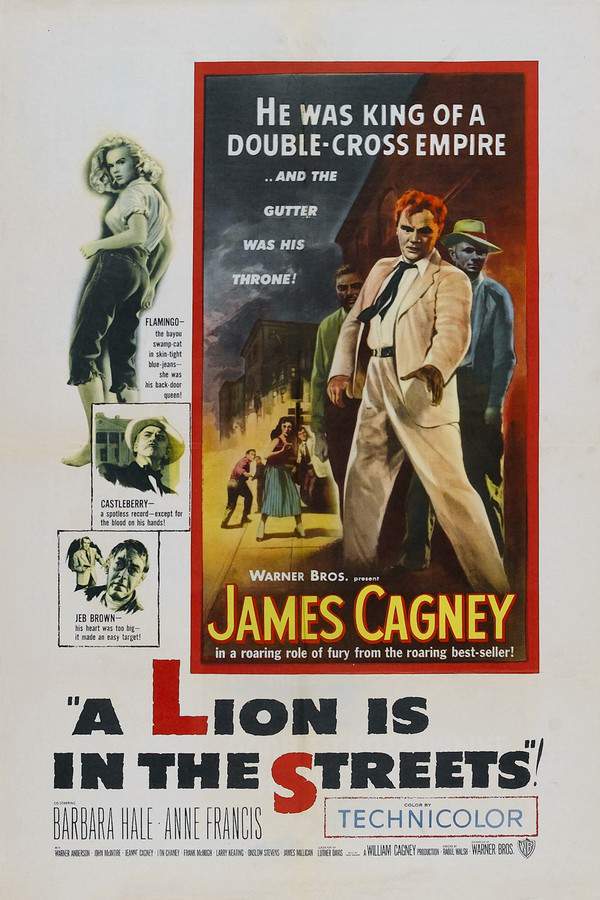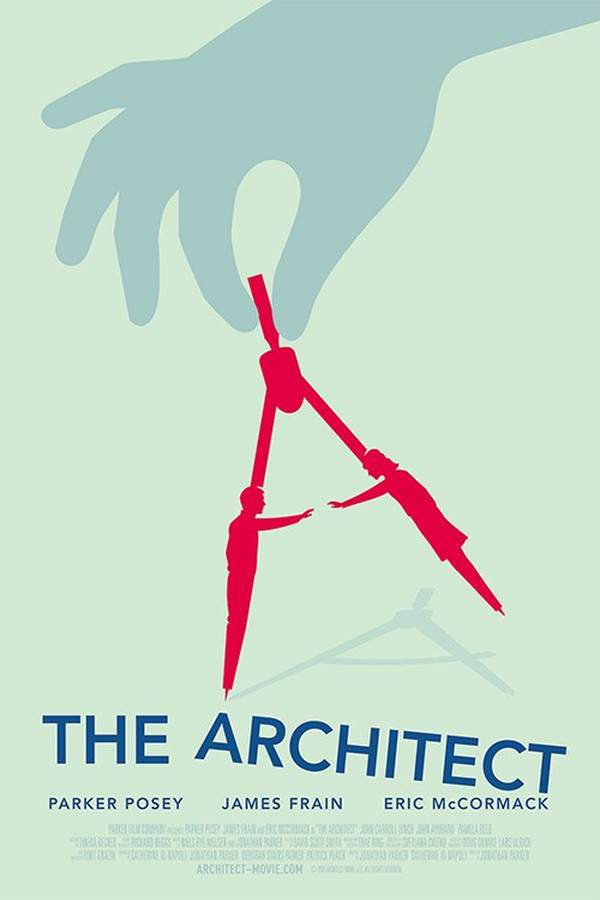A Civil Action 1998
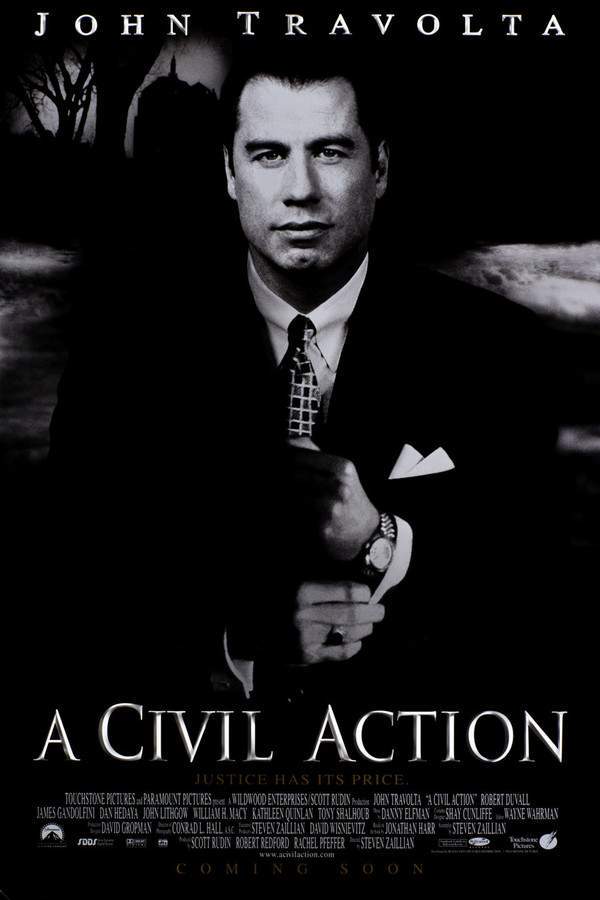
A determined lawyer finds himself in a legal battle that becomes increasingly complex and personally devastating. Jan Schlichtmann takes on what appears to be a simple personal-injury case but soon discovers a web of corporate deceit and hidden dangers. The relentless pursuit of justice tests his resolve and threatens to consume him as he confronts powerful adversaries and unravels dark secrets within the case.
Does A Civil Action have end credit scenes?
No!
A Civil Action does not have end credit scenes. You can leave when the credits roll.
Meet the Full Cast and Actors of A Civil Action
Explore the complete cast of A Civil Action, including both lead and supporting actors. Learn who plays each character, discover their past roles and achievements, and find out what makes this ensemble cast stand out in the world of film and television.
External Links and Streaming Options
Discover where to watch A Civil Action online, including streaming platforms, rental options, and official sources. Compare reviews, ratings, and in-depth movie information across sites like IMDb, TMDb, Wikipedia or Rotten Tomatoes.
Ratings and Reviews for A Civil Action
See how A Civil Action is rated across major platforms like IMDb, Metacritic, and TMDb. Compare audience scores and critic reviews to understand where A Civil Action stands among top-rated movies in its genre.

68
Metascore
6.5
User Score


64%
TOMATOMETER

55%
User Score

6.6 /10
IMDb Rating

65
%
User Score
Take the Ultimate A Civil Action Movie Quiz
Challenge your knowledge of A Civil Action with this fun and interactive movie quiz. Test yourself on key plot points, iconic characters, hidden details, and memorable moments to see how well you really know the film.
A Civil Action Quiz: Test your knowledge on the gripping legal drama A Civil Action and its themes of justice, ethics, and environmental accountability.
What motivated Jan Schlichtmann to take on the case in Woburn?
A personal quest for revenge
A lucrative financial opportunity
An environmental issue affecting local children
The chance to become famous
Show hint
Awards & Nominations for A Civil Action
Discover all the awards and nominations received by A Civil Action, from Oscars to film festival honors. Learn how A Civil Action and its cast and crew have been recognized by critics and the industry alike.
71st Academy Awards 1999
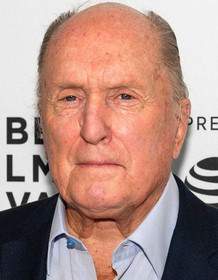
Cinematography
5th Screen Actors Guild Awards 1999

56th Golden Globe Awards 1999

Best Supporting Performance in a Motion Picture – Drama, Musical or Comedy (Supporting Actor)
Robert DuvallFull Plot Summary and Ending Explained for A Civil Action
Read the complete plot summary of A Civil Action, including all major events, twists, and the full ending explained in detail. Explore key characters, themes, hidden meanings, and everything you need to understand the story from beginning to end.
In the city of Woburn, Massachusetts, serious environmental toxins have seeped into the water supply, leading to tragic consequences with multiple local children succumbing to illness. In this gripping drama, cocky Boston attorney Jan Schlichtmann and his tight-knit team of personal injury lawyers are approached by Woburn resident Anne Anderson, who seeks justice for her son, lost to Leukemia just two years prior.
Compelled by Anne’s heart-wrenching story shared during a radio appearance, Jan discovers the daunting statistics of 12 Leukemia cases in just 15 years. With tests revealing contamination in two of the town’s wells from known carcinogens, his partners express concerns about the financial burden of pursuing the case, leading to a unanimous decision to drop it. However, as Jan assesses the gravity of the situation, he uncovers a significant opportunity within the environmental crisis indicating that local tanneries may hold the key to multiple fatalities.
The plot thickens as Jan steps up to challenge deux major corporations—Beatrice Foods and W. R. Grace and Company—believing that not only could this case earn him considerable financial reward, but also salvage the dignity of his law firm. An arduous class action lawsuit ensues where, despite Jan’s keen legal acumen, he faces daunting opposition from seasoned defense lawyers like Jerry Facher.
In the throes of litigation, Jan plunges deeper into a maze of scientific evidence requiring expertise from geologists and engineers, revealing the contaminated origins of the townspeople’s water supply. Despite the backlash and dwindling finances, he refuses to settle easily, insisting that the case reaches beyond mere compensation—it’s about accountability and securing a safer future for the community.
As tension escalates within his firm, relying on loans and personal assets to keep afloat, Jan endures a heart-wrenching trial filled with setbacks. A pivotal ruling by Judge Walter J. Skinner prevents victims from testifying, creating a tremendous hurdle for Jan’s case. Ultimately, though he fights valiantly, the outcome leaves him and the families disillusioned, resulting in a meager settlement and the dissolution of his law firm.
Left with nothing but a small apartment and shattered dreams, Jan’s journey doesn’t conclude in defeat. Years later, his relentless pursuit of justice and environmental responsibility prompts the EPA to take action against the corporations involved, extracting millions for cleanup efforts. Despite the scars left by the battle, Jan finds renewed purpose, now practicing environmental law in New Jersey, having turned the page on a challenging chapter in his life.
Uncover the Details: Timeline, Characters, Themes, and Beyond!

Coming soon on iOS and Android
The Plot Explained Mobile App
From blockbusters to hidden gems — dive into movie stories anytime, anywhere. Save your favorites, discover plots faster, and never miss a twist again.
Sign up to be the first to know when we launch. Your email stays private — always.
Watch Trailers, Clips & Behind-the-Scenes for A Civil Action
Watch official trailers, exclusive clips, cast interviews, and behind-the-scenes footage from A Civil Action. Dive deeper into the making of the film, its standout moments, and key production insights.
Cars Featured in A Civil Action
Explore all cars featured in A Civil Action, including their makes, models, scenes they appear in, and their significance to the plot. A must-read for car enthusiasts and movie buffs alike.
A Civil Action Themes and Keywords
Discover the central themes, ideas, and keywords that define the movie’s story, tone, and message. Analyze the film’s deeper meanings, genre influences, and recurring concepts.
A Civil Action Other Names and Titles
Explore the various alternative titles, translations, and other names used for A Civil Action across different regions and languages. Understand how the film is marketed and recognized worldwide.
Similar Movies To A Civil Action You Should Know About
Browse a curated list of movies similar in genre, tone, characters, or story structure. Discover new titles like the one you're watching, perfect for fans of related plots, vibes, or cinematic styles.
Quick Links: Summary, Cast, Ratings, More

What's After the Movie?
Not sure whether to stay after the credits? Find out!
Explore Our Movie Platform
New Movie Releases (2025)
Famous Movie Actors
Top Film Production Studios
Movie Plot Summaries & Endings
Major Movie Awards & Winners
Best Concert Films & Music Documentaries
Movie Collections and Curated Lists
© 2025 What's After the Movie. All rights reserved.




